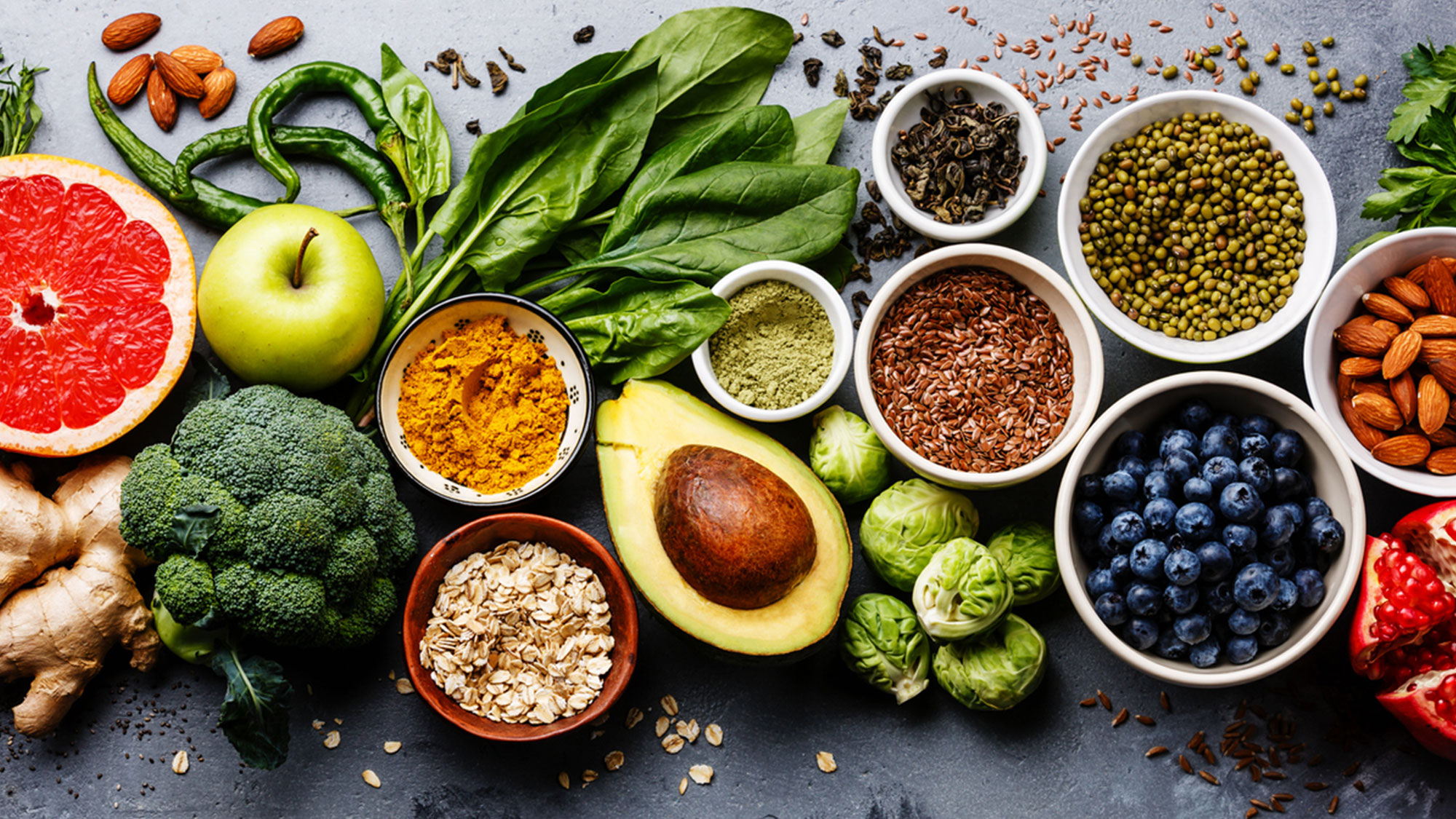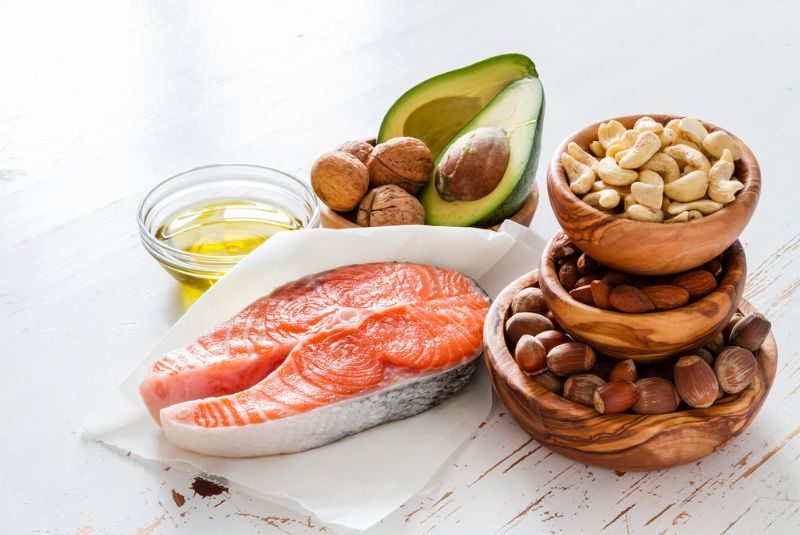Intermittent fasting is a great way to reset your diet and give your body a break. Adding intermittent fasting for one or two days per week can radically change how you look and feel.

Don’t Combine Fats & Carbs
Towards the end of the fast, your body is very sensitive to insulin. Carbohydrates in your body are more powerful so they spike your insulin because you have been in a fasted state. Insulin opens the cell doorway for fats to enter. Especially when you break a fast, it’s important to be mindful of what you are eating. Pick either a fat and protein or a carb and a protein. Don’t combine carbs and fats.
Fasting Too Much
When you fast too much you can actually slow down your metabolism. If you have been in a caloric deficit like a 1000 calories per day – your metabolism will adjust to that number. So, when you eat extra over what your body has been used to you can gain weight. Intermittent fasting can improve your metabolism, when it’s done in excess it can alter your metabolism. Be careful!
If you have been low for a while, slowly increase your calories by 50 per week in order to get back up to a normal level.
Omit The Fluff
What exactly is allowed on a fast? Water, tea, and black coffee. Coffees with sweeteners and extra fluff mixed in can break your fast and lead to a large accumulation of fat. Save the sweet coffees and drinks for days you aren’t fasting.
Malnutrition
While you are fasting, your body does a great job of reallocating minerals. Your body still finds a way to balance everything. When you break your fast, the quality of your food is just as important as the quantity. To avoid malnourishment, be strategic about what you are going to break your fast with.
Weight Training
If you are fasting, your body will break down protein. If you are not using your muscles while you are fasting you can lose your muscles! If you lose more muscle you resting metabolic rate will drop. If you add a bit of weight lifting a few days per week while fasting you can retain your muscle and blast fat.




